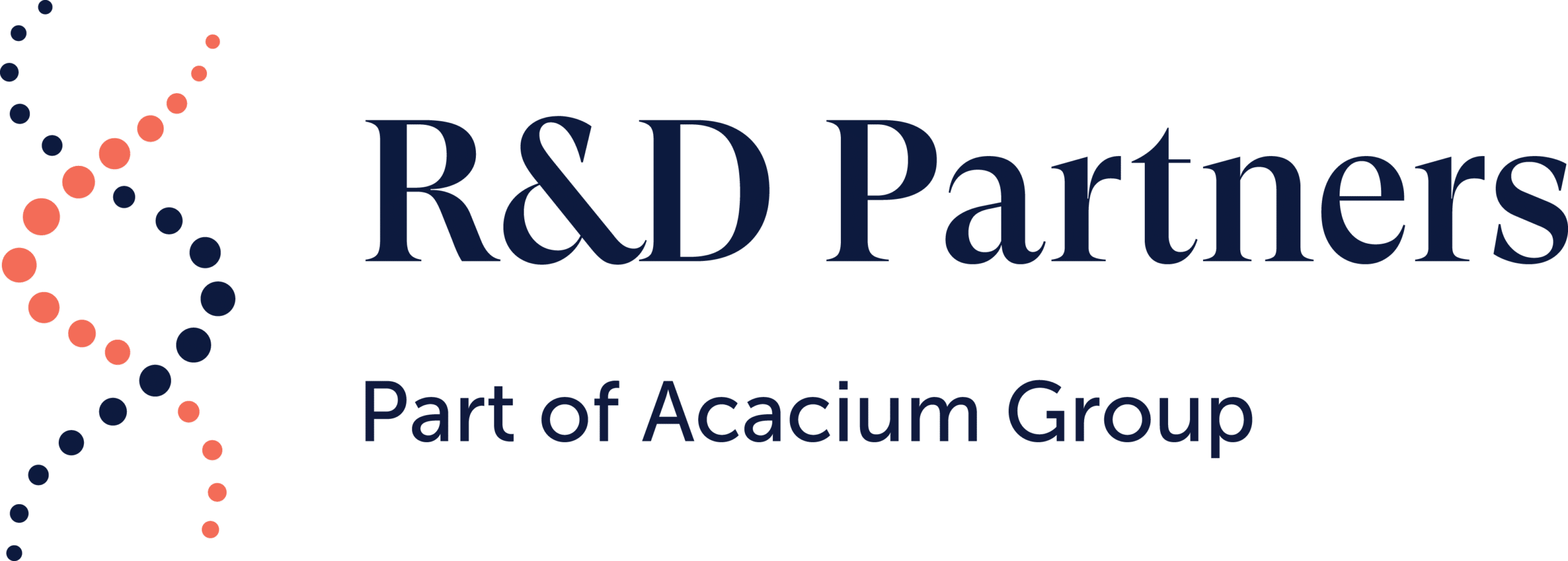In the ever-evolving landscape of the life sciences industry, the need for efficient and cost-effective solutions has led to the rise of innovative outsourcing models. Among these, the Functional Service Provider (FSP) model has gained significant traction, reshaping traditional approaches to research, development, and commercialization.
The rise of the FSP model signifies a paradigm shift in how life science companies approach outsourcing and resource management. By leveraging external expertise and flexible engagement models, organizations can streamline operations, drive innovation, and enhance competitiveness in an increasingly dynamic market. As health and life sciences careers continues to evolve, the strategic adoption of the FSP model is poised to play a pivotal role in shaping future trajectories.
In this article, we explore the growing prominence of the FSP model. We’ll look at its key drivers, benefits, and its impact on the life sciences sector.
Understanding the FSP model
The FSP model represents a strategic outsourcing framework. Businesses can engage specialized service providers to deliver specific functions or services within their operations. Unlike traditional outsourcing models, where entire processes or projects are delegated, FSP allows for a more flexible and targeted approach. Under this model, service providers integrate seamlessly with client teams, providing expertise and resources on demand.
Rising traction in the life sciences industry
In recent years, the life sciences industry has witnessed a surge in the adoption of the FSP model across various segments. These include pharmaceuticals, biotechnology, medical devices, and contract research organizations (CROs). Several factors have contributed to this trend, with more detail on each of these below.
Cost efficiency
One of the primary drivers behind the adoption of the FSP model is its potential for cost savings. By outsourcing specific functions to specialized providers, companies can reduce overhead costs associated with maintaining in-house teams and infrastructure.
Access to specialized expertise
The complexity of tasks within the life sciences industry often requires niche expertise. FSP providers offer access to specialized talent pools, allowing companies to leverage advanced skills and knowledge without the need for extensive recruitment and training.
Flexibility and scalability
The FSP model offers unparalleled flexibility, allowing organizations to scale resources up or down based on project requirements. This agility is particularly valuable in an industry characterized by fluctuating demands, regulatory changes, and evolving market dynamics.
Focus on core competencies
By outsourcing non-core functions to FSP providers, life sciences companies can redirect their internal resources towards core activities such as research, innovation, and commercialization. This strategic alignment enhances overall efficiency and competitiveness.
Risk mitigation
Collaborating with FSP providers can help mitigate risks associated with project delays, resource constraints, and regulatory compliance. Service level agreements (SLAs) and performance metrics ensure accountability and quality assurance throughout the engagement.
Market share expansion
The increasing adoption of the FSP model has fueled its rapid expansion within the life sciences industry. Market research indicates a steady growth trajectory, with FSP providers capturing a larger share of outsourcing contracts across various service areas. These include:
- Clinical research and development (R&D)
- Regulatory affairs and compliance
- Pharmacovigilance and drug safety
- Medical writing and documentation
- Statistical analysis and data management
- Quality assurance and auditing
Advancements in technology, such as artificial intelligence (AI), machine learning, and data analytics, are further enhancing the capabilities of FSP providers, enabling more efficient and data-driven solutions.
Challenges and considerations
While the FSP model offers numerous benefits, its adoption is not without challenges. Key considerations for life science companies exploring FSP partnerships include the following.
Integration and communication
Seamless integration between client and provider teams is crucial for project success. Effective communication channels and clear delineation of roles and responsibilities are essential to overcome potential collaboration hurdles.
Regulatory compliance
Ensuring adherence to regulatory standards and data privacy regulations is paramount in the life sciences industry. FSP providers must demonstrate robust compliance measures and follow industry best practices.
Quality assurance
Maintaining consistent quality standards across outsourced functions requires strict monitoring mechanisms and performance evaluations. Regular audits and feedback loops are essential for identifying areas of improvement and ensuring compliance with quality requirements.
Vendor selection and management
Choosing the right FSP partner is critical for long-term success. Companies should conduct thorough due diligence, assess provider capabilities, and establish clear contractual agreements to mitigate risks and align expectations.
Taking your strategy forward with R&D Partners life sciences recruitment
R&D Partners are one of the most highly respected talent sourcing partners in the life sciences field. We can support you with FSP model navigation by leveraging our 200+ years of combined industry expertise. We source skilled professionals for a wide range of life science jobs and tailor our approach to your project needs, from Scientific, Clinical Research and Engineering.
With our unparalleled market insights, we customize solutions to align with the strategic goals of life science companies, streamlining your hiring processes. By outsourcing recruitment tasks, you save time and resources while ensuring access to top talent. This is why partnering with us empowers you to effectively implement FSP models, optimize resource allocation, and drive successful outsourcing initiatives.
Get in touch today to find out how we can help drive your business strategy forward.
